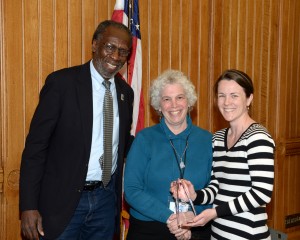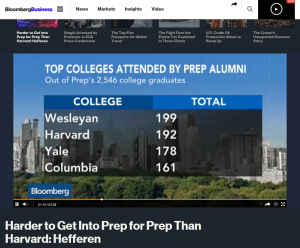The amazing curator/organizer artist and CFA leader Pam Tatge announces a music and art festival at the Connecticut River in Middletown on Saturday, May 9 from noon to 5 p.m. It’s at Harbor Park, Harbor Drive, in Middletown, and it’s FREE!
Here’s the announcement:
Spend an afternoon at Feet to the Fire: Riverfront Encounter, which will feature live music, visual art installations, a kids’ activity zone, environmental education exhibits, plein air painters, a farmer’s market, a craft fair, and much more to bring you closer to the rich culture, history, and science of the Connecticut River.
The festival celebrates the Connecticut River as a source of cultural inspiration and creativity. Admission to the festival is free to the general public. There will be free parking at the Melilli Plaza Municipal Parking Lot, located on Melilli Plaza between Washington Street and Court Street; and at Arcade Parking Lot, located off of Court Street, in Middletown. The festival will be held rain or shine.
For the full schedule of performances and events, a complete list of activities and participating environmental organizations and craft fair vendors, and a festival map, please click here.
Live music will include performances by roots music singer-songwriter Peter Siegel; the acoustic string band Mattabesett String Collective; acoustic indie rock band Honey and the Sting, featuring Gemma Smith ’13, Melanie Hsu ’13, Skip Robinson, Jessica Best ’14, and Sam Long ’12; the folk Americana group Rani Arbo & daisy mayhem featuring Andrew Kinsey, Anand Nayak ’96, and Scott Kessel ’88 MALS ’92; and the sailor music of The Royal Boys, featuring Geoff Kaufman, Craig Edwards ’83, and Dan Spurr on the Main Stage; the youth circus company Circophany’s Circus by Artfarm and Oddfellows Playhouse Youth Theater; music, yoga, theater, and circus arts with the husband and wife duo Anastasia and Christopher Jankowski; camp singer-songwriter and storyteller Margie Warner; and members of the Middletown High School Band under the direction of Kimberly Everson on the Kid’s Stage.
Kids activities designed for all ages to learn more about the Connecticut River will be organized by Kidcity Children’s Museum, Jonah Center for Earth and Art, Wesleyan University’s Rho Epsilon Pi, and the Middletown High School Crew Team.
Other festival events will include artist Anne Cubberly‘s giant “Water” puppet roaming the festival (from noon to 3 p.m.); drawing and painting boat tours on six-person cata-canoes (departing each half hour from noon to 5 p.m., subject to weather conditions) with Sandbox Arts Collective; a drumming circle organized by The Buttonwood Tree Performing Arts & Cultural Center (from 2 p.m. to 4 p.m.); environmental tours with Wesleyan students; a farmer’s market featuring locally grown and made produce, bread, smoothies, and other delicious goods organized by the North End Action Team; plein air painters organized by the Middletown Art Guild; craft vendors; and installations in the pedestrian tunnel, including sounds by Wesleyan University graduate student Cecilia Lopez and her Buenos Aires-based indie pop band Vigilante Margarita, and artwork by Middletown children.
Food trucks and vendors will include Firedog, Jammed 4 Thyme, Mamoun’s Falafel Cart, Mattabesett Canoe Club, NoRA’s Cupcake Company, Pizza to the People, and Spuds Your Way.
The “Feet to the Fire: Riverfront Encounter” festival was inspired by the Connecticut debut performance by The Nile Project at Wesleyan’s Crowell Concert Hall, which took place on April 10, 2015 and featured a dozen musicians performing collaboratively composed songs drawn from the diverse styles and instruments of the countries along the Nile Basin, including Burundi, Egypt, Ethiopia, Kenya, Rwanda, Sudan, and Uganda.
This event is part of Feet to the Fire, a program of Wesleyan’s Creative Campus Initiative. Partners include The Buttonwood Tree Performing Arts & Cultural Center, the City of Middletown, Jonah Center for Earth and Art, Kidcity Children’s Museum, Middlesex Community College, Mattabesett Canoe Club, Middletown Garden Club, Middlesex County Historical Society, Middletown Public Schools, and Oddfellows Playhouse.
Made possible by the State of Connecticut’s Department of Economic and Community Development’s Arts Catalyze Placemaking program, the City of Middletown and the Middletown Commission on the Arts, The Andrew W. Mellon Foundation, and Wesleyan University’s Green Fund.




